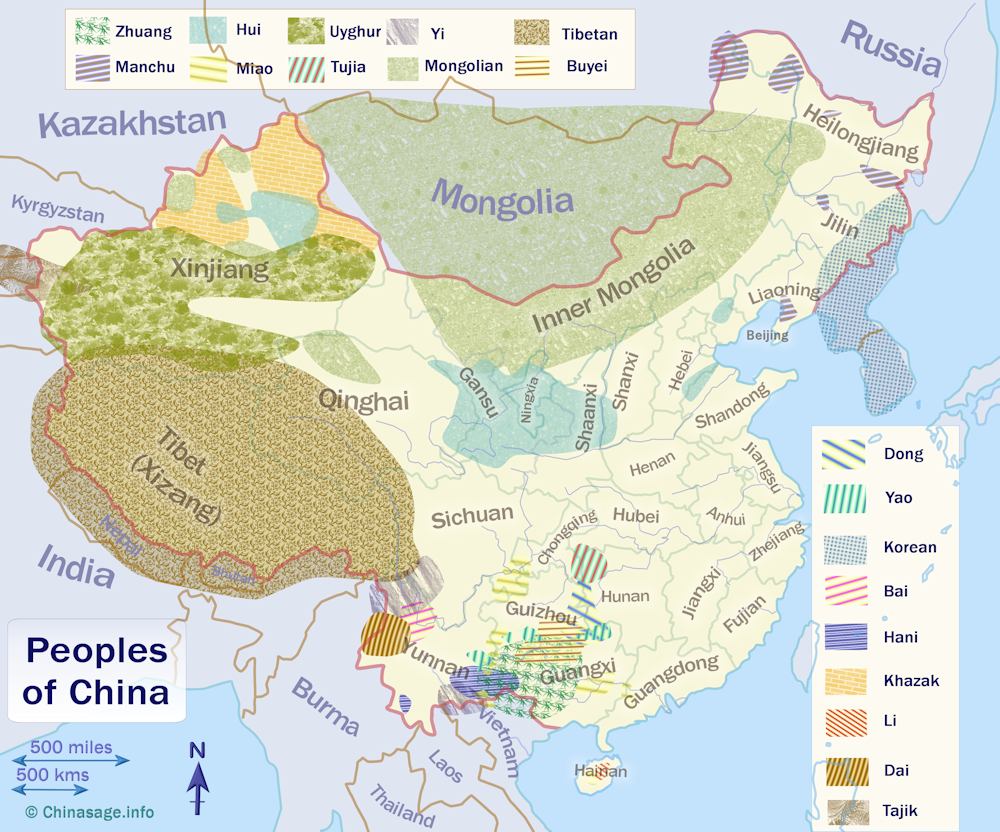- Jul 21, 2008
- 8,384
- 1,654
- Country
- United States
- Faith
- Pagan
- Marital Status
- Married
Do you know anyone from Russia who is ethnically related?
As an aside, I came across this recently and I was SO thankful
Beautiful seeing people in Hidden Places you would never have expected before, as Siberia is such a vast world (and I am forever thankful for one of my friends I was able to interview from Siberia for a graduate school project, as he noted how vast that part of the globe is). As said there (for a brief reference):
Wow thanks for sharing, that was an amazing look at peoples who are largely unknown to the western world. Mostly my Russian friends are from what Europeans and Americans traditionally think of as "Russia". That is, the Western half composed principally of the western Oblasts. I have friends from the arctic circle (Murmansk) and friends in Omsk much closer to Kazakhstan and one friend in the city of Ufa in the Republic of Bashkortostan which is a Russian autonomous republic where the majority of ethnic Bashkirs, a Turkic people, live. Though several of these places have largely non-Slavic populations, those that I know are of Slavic origin for a variety of historical and political reasons dating back to the 18th century.
Russia is a fascinating complex place that is beyond the grip of most western understanding. Politics aside, people have a stereotype of Russians as pasty-white vodka drinkers who live in forests, ride bears and go to Orthodox churches. But really since the time of the Russian Empire, Russia has controlled so much land that so many nations are a part of them. Rather than taking what Americans and Canadians might refer to as the "melting pot" or "mosaic" (in Canada) approach to ethnic integration, Russia operates as a federation with Oblasts as ostensibly Russian provinces and a series of semi-autonomous federal subjects that have their own names, flags, official languages and laws as long as they don't contract the Duma (federal government).
Republics of Russia - Wikipedia
Unfortunately, there are a great many tensions between slavic Russians and other ethnic minorities. Russian Ultranationalists have taken advantage of tensions in the Caucasus to do violence against peoples from that region or central Asia. Similar to reservations in the United States, some republics have abominable living conditions relative to Oblasts/Krais which are more ethnically Russian. The soviet's relocation campaign did tremendous harm to the various groups over the decades from which they have barely recovered.
Their problems notwithstanding, I find Russia to be a fascinating place. There are many ethnicities, languages and religions; the numbers and names would astound people who think of Russia as all the same. It resembles China that you mention in your other post.
Great stuff!
Upvote
0


